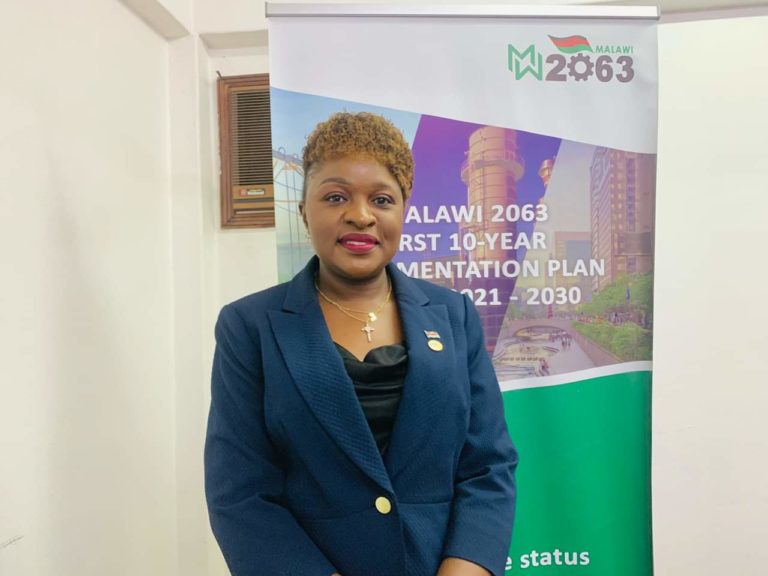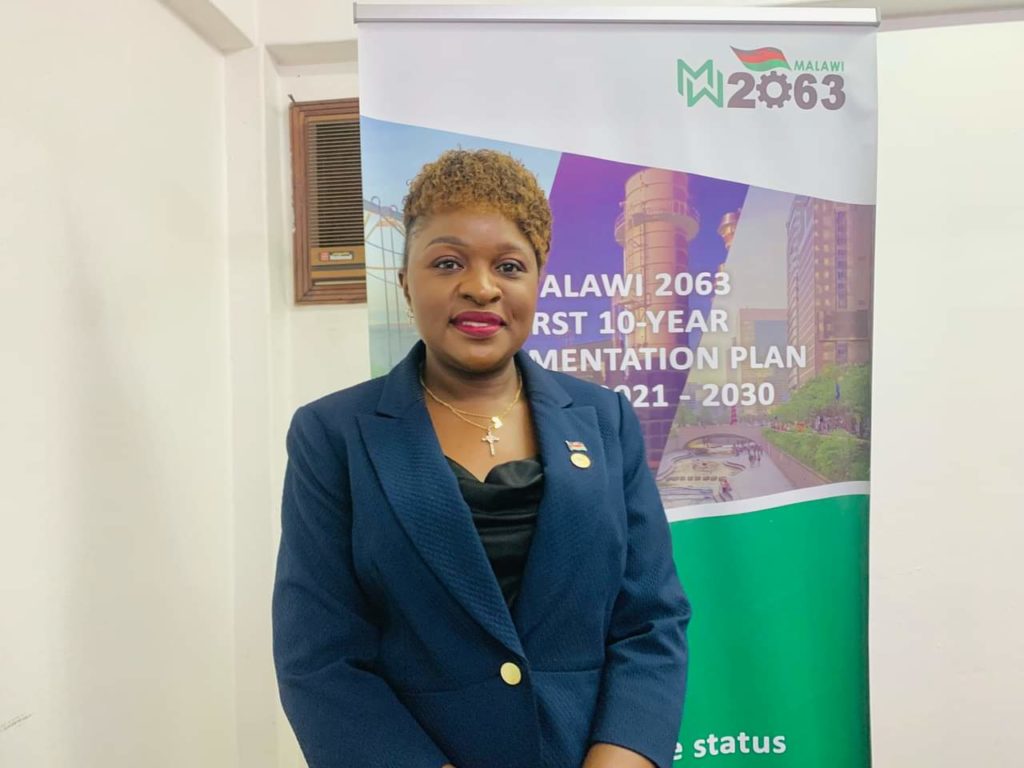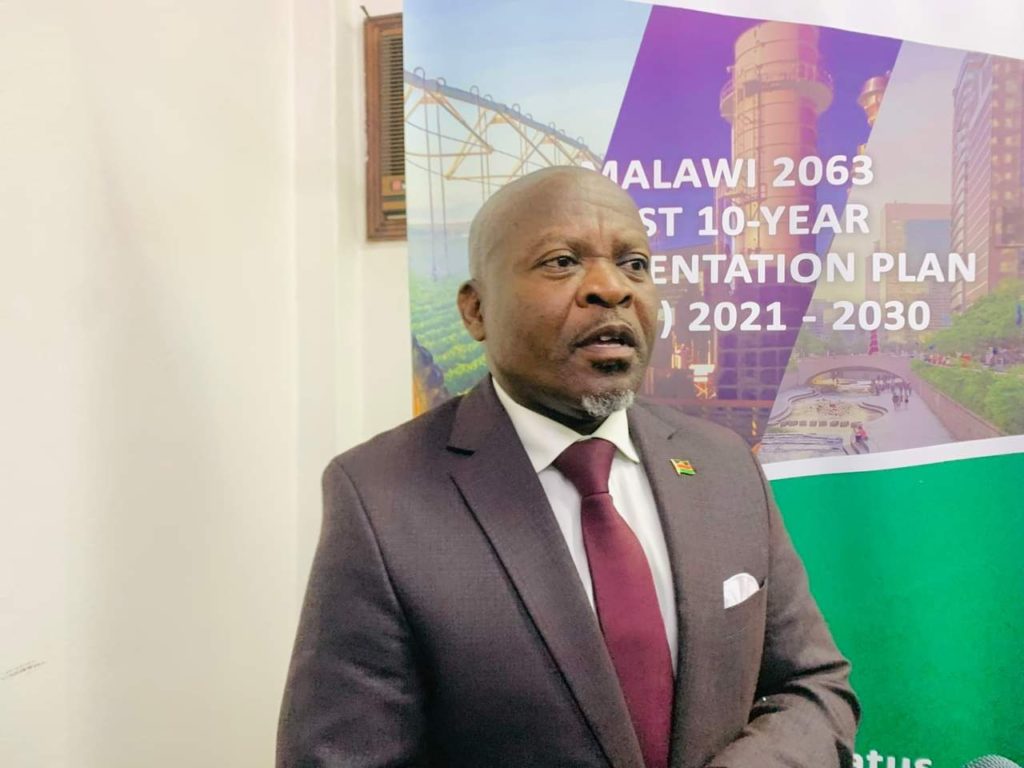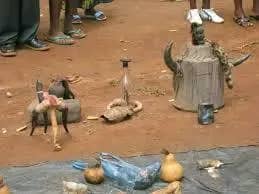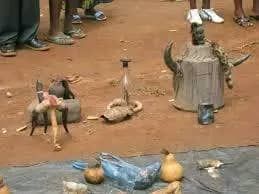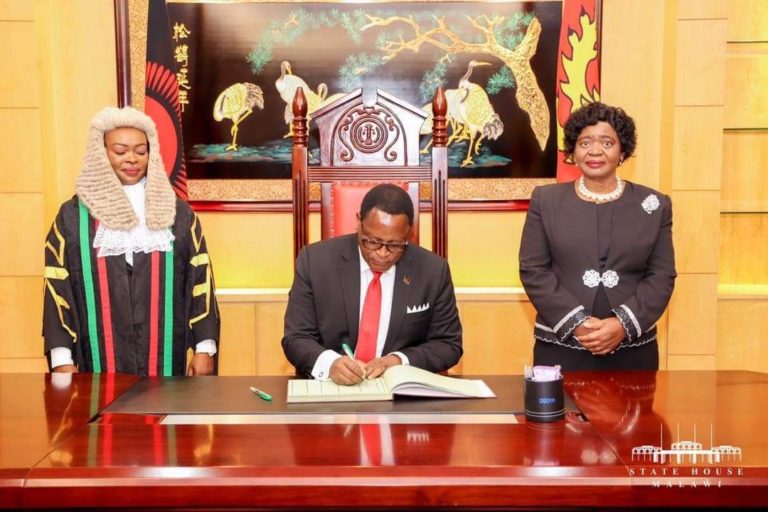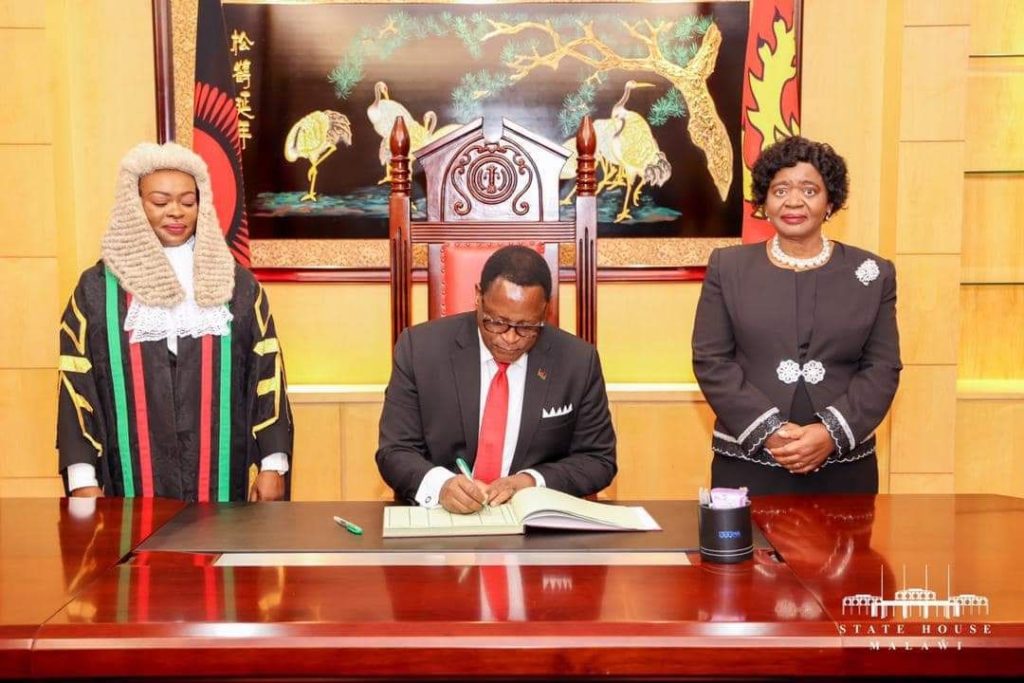By Chisomo Kambandanga
Programme Manager for National Malaria Control Program (NMCP), Dr Lumbani Munthali, has disclosed that the Ministry of Health is geared to distribute 11.7 million insecticide treated nets (ITN) across the country.
Speaking on Tuesday during review meeting for indoor residual spraying (IRS) programme in Salima, Munthali said the mass distribution is in line with government’s goal to eradicate malaria in the country by 2030.
Munthali said the nets are expected to be in the county by July while the distribution exercise is expected to start in September this year.
“Due to lack of funds, we are no longer continuing with IRS in the four districts of Nkhata Bay, Balaka, Mangochi and Nkhotakota. So, we decided to conduct mass net distribution in all 28 districts with the inclusion of public primary schools in the districts where IRS was implemented.
“There will be high intensity of community sensitisation before, during and after the exercise. We lobbied our partners to put more resources for awareness and we expect high utilisation of the nets and let me plead with all communities to make sure the nets are used for the intended purpose,” he said.
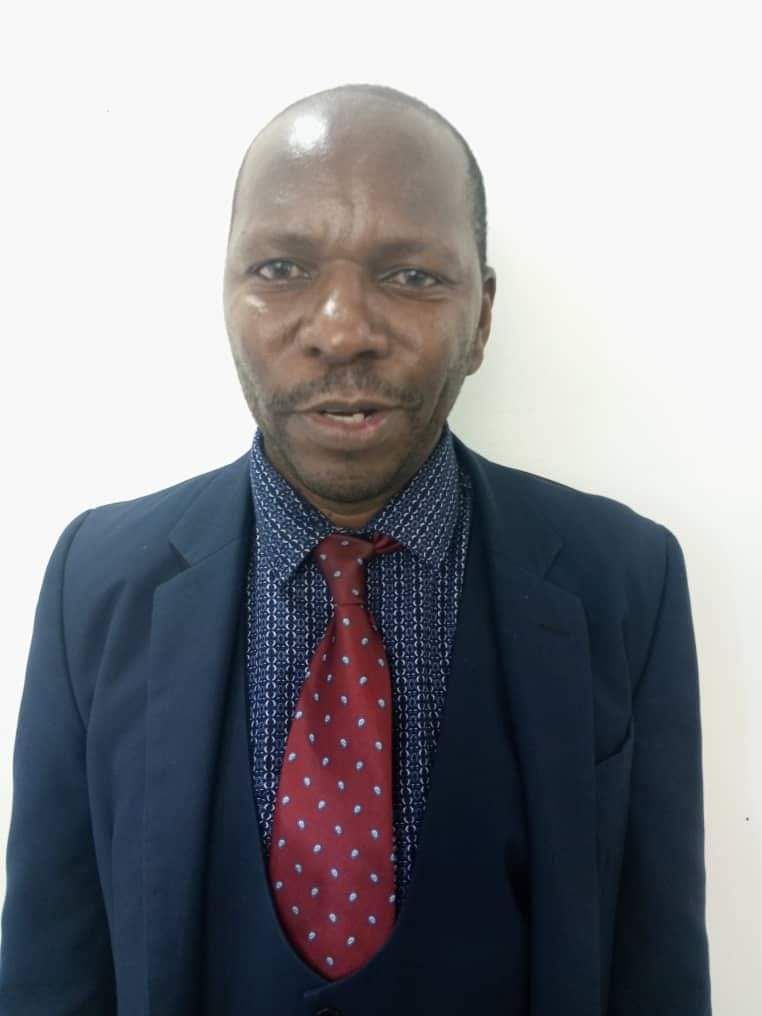
He said 6.4 million malaria cases were registered in Malawi in 2023, of which 1,600 people died, indicating that malaria is still a public health problem.
Munthali then commended World Vision and Vector Link for successful implementation of IRS in the country for over three years which contributed to 40 percent reduction of malaria cases in the first year and consistent reduction of malaria cases in subsequent years in the districts where IRS was being implemented.
Lovemore Mtotera, a resident in Salima town under Traditional Authority Kalonga, commended government for the initiative of mass net districtributuon as not everyone can afford to purchase them.
The ITN mass distribution will be implemented with support from Global Fund and US Presidential Malaria Initiative (PMI) with a total cost of US$50 million.


